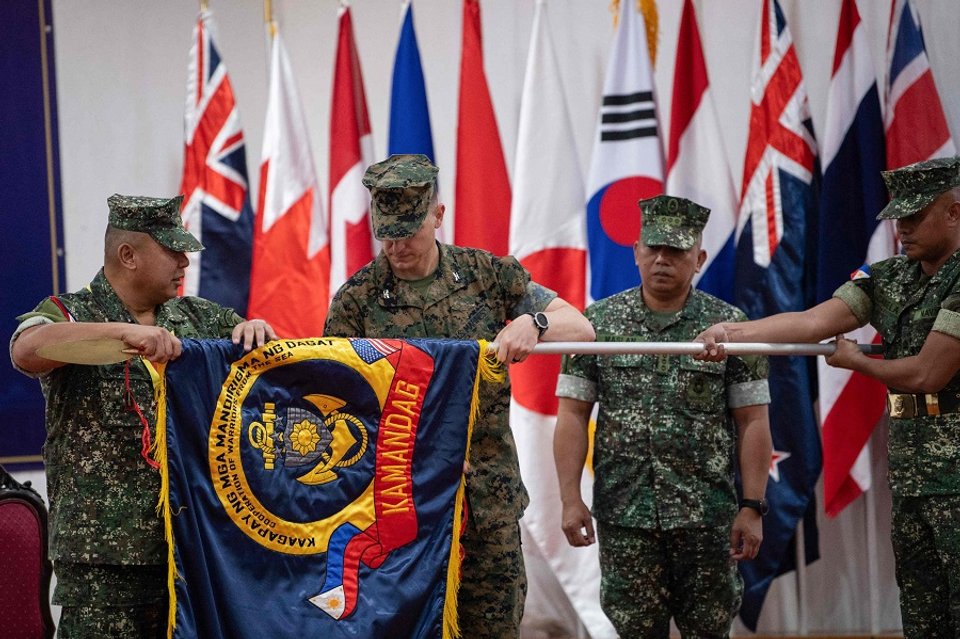
Richard Javad Heydarian, Professorial Chairholder in Geopolitics, Polytechnic University of the Philippines
Jun 05, 2025
2025 has brought swift changes across the Indo-Pacific, and the Philippines’ growing involvement with Trump’s policies and the Taiwan question could prove to be one of the most pivotal factors in the future of the region.
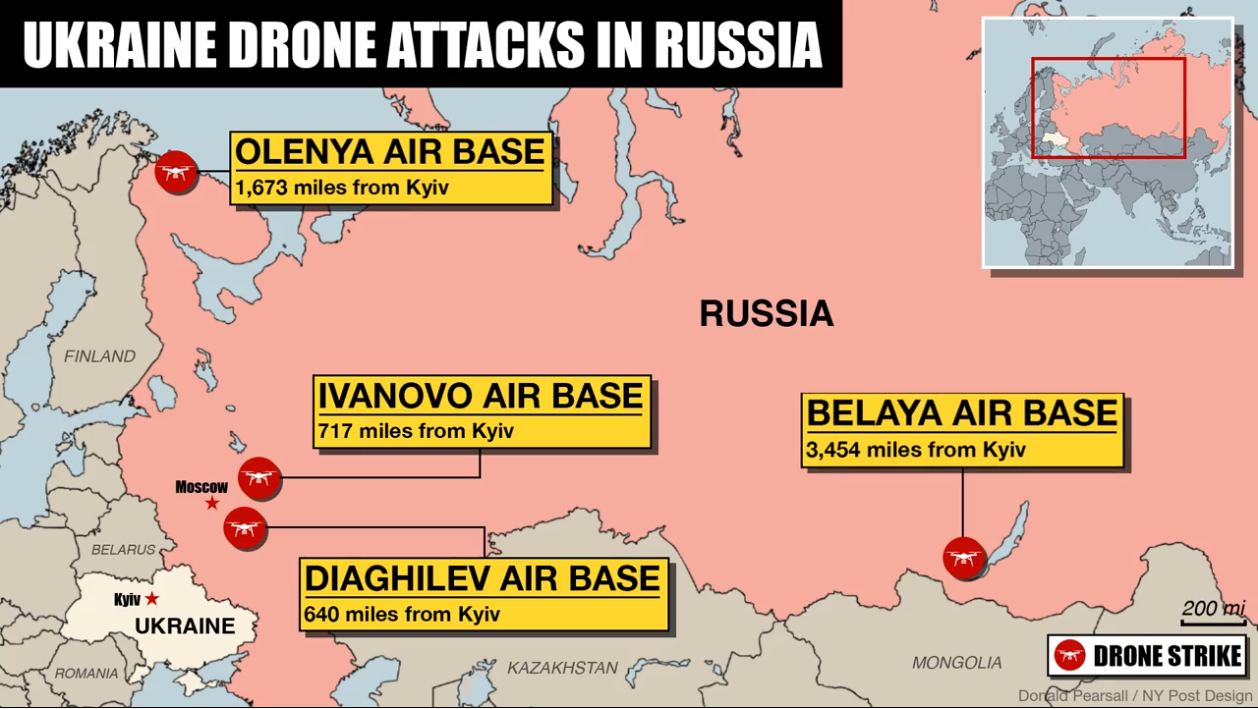
Xiao Bin, Deputy Secretary-general, Center for Shanghai Cooperation Organization Studies, Chinese Association of Social Sciences
Jun 03, 2025
Three major diplomatic challenges have driven a wedge between the United States and Russia in their peace negotiations. Their divergence highlights more than a clash between worldviews. It shows their competition for leadership in the reconstruction of the international order.
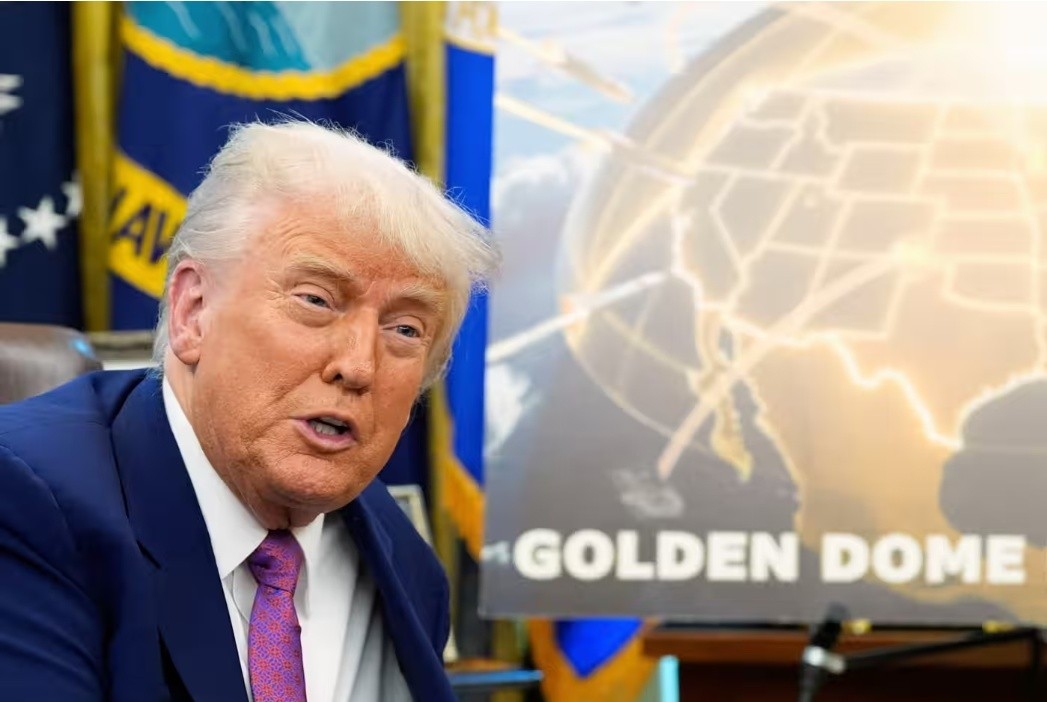
Guo Xiaobing, Director of the Center for Arms Control Studies, China Institutes of Contemporary International Relations
Jun 02, 2025
It has been described it as strategically meaningless, technically meaningless and economically meaningless. Yet this defense system could lead the world into conflict by destabilizing global strategic forces.
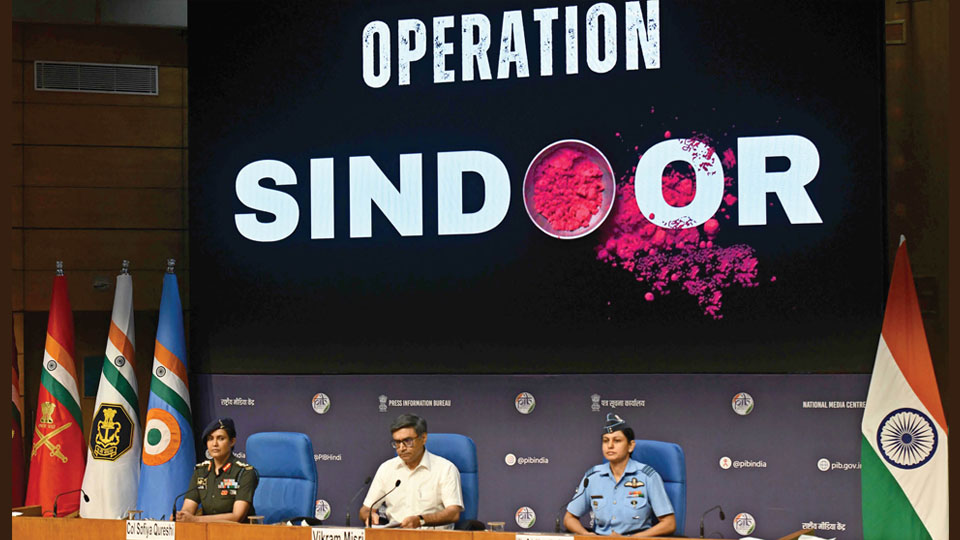
Sebastian Contin Trillo-Figueroa, Geopolitics Analyst in EU-Asia Relations and AsiaGlobal Fellow, The University of Hong Kong
May 09, 2025
India presents itself as a global leader and representative of the Global South, yet this contradicts its troubled relationships with immediate neighbors. Western powers overlook that because they view India as a counterbalance to China rather than scrutinizing its regional conduct and democratic backsliding.
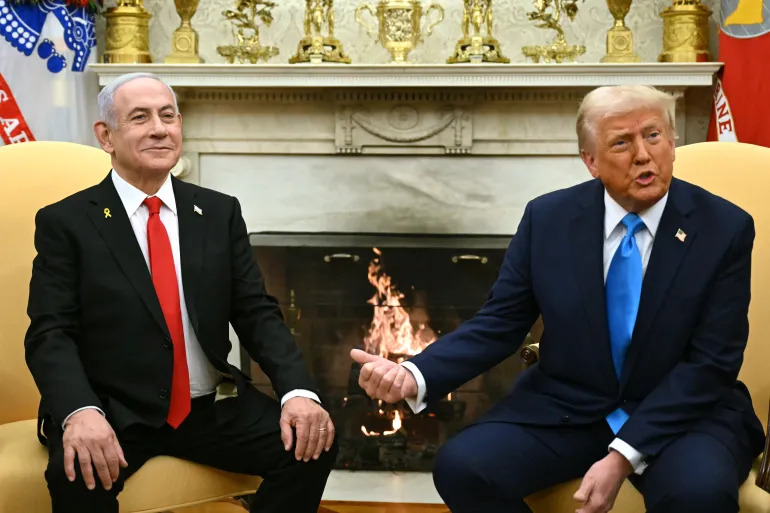
Jin Liangxiang, Senior Research Fellow, Shanghai Institute of Int'l Studies
Mar 25, 2025
U.S. policy ultimately will be defined by Israel. With Donald Trump in the White House, the Middle East will become even more vulnerable, and the security situation may erode. Saudi Arabia may not get the security guarantees it wants from the United States, and Iran will continue to be in the picture.
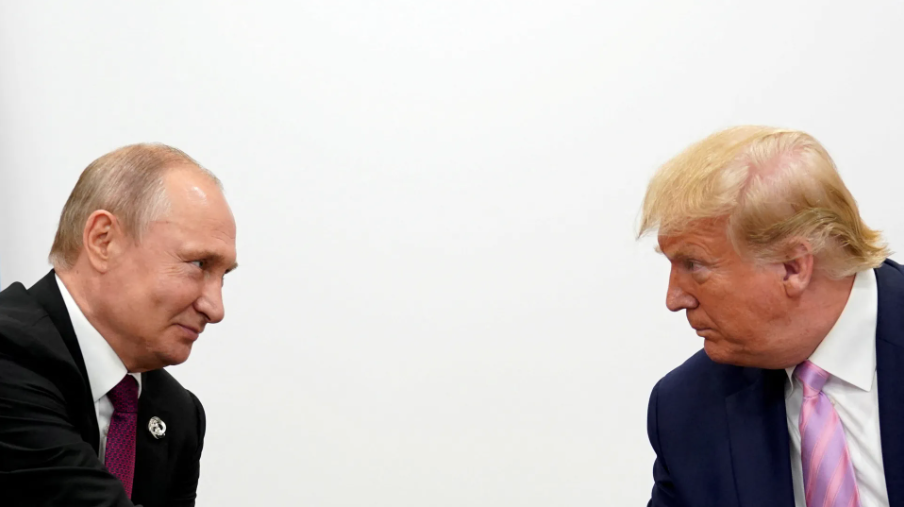
Richard Weitz, Senior Fellow, Hudson Institute
Mar 20, 2025
Trump’s actions in dealing with Russia and Ukraine and conflict in Gaza have been disruptive and unpredictable. With more holistic foreign policy statements still in the works, only speculation can tell us where Trump might head regarding the Indo-Pacific.
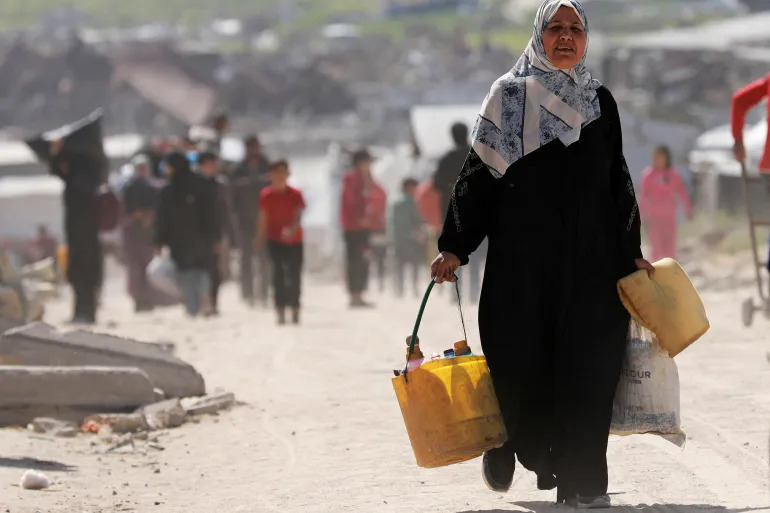
Jin Liangxiang, Senior Research Fellow, Shanghai Institute of Int'l Studies
Mar 20, 2025
The future of the region should be decided by the countries there, not by external actors. Strategic autonomy, an idea frequently raised by some Arab countries in recent years, shows they’re waking up to reality. There should be no illusions about the future.
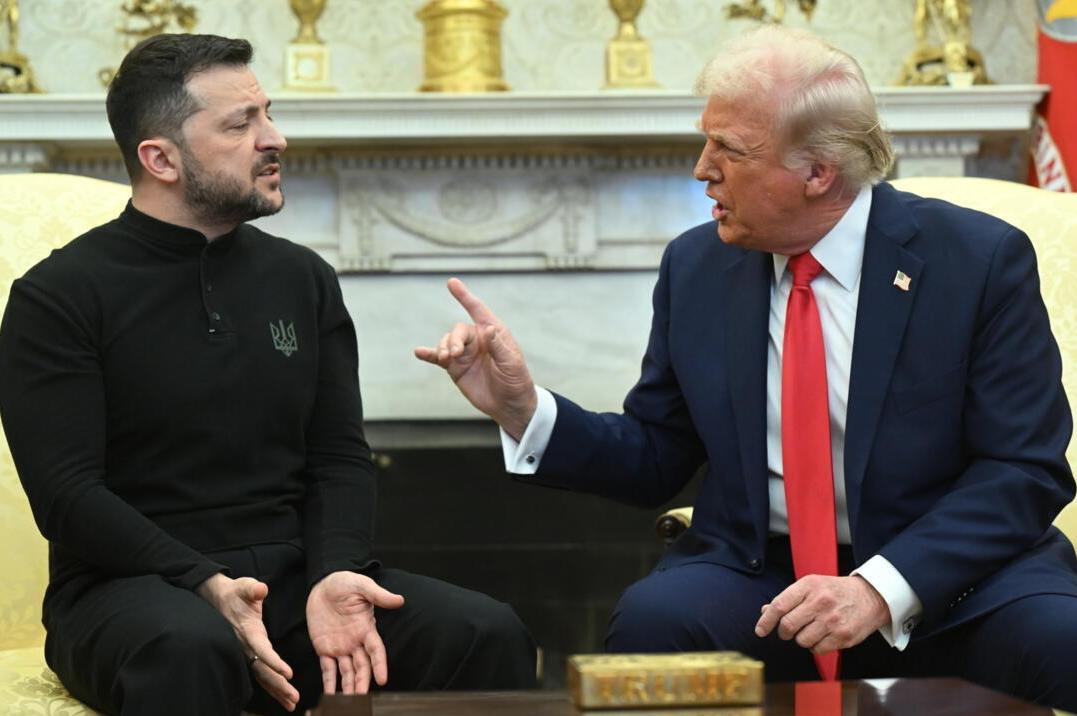
Fu Suixin, Assistant Researcher at Institute of American Studies, Chinese Academy of Social Sciences
Mar 18, 2025
His ultimate vision of a new world order might be some combination of power in which the U.S. takes absolute control of the Western sphere of influence and weighs in heavily on global affairs with other great powers.
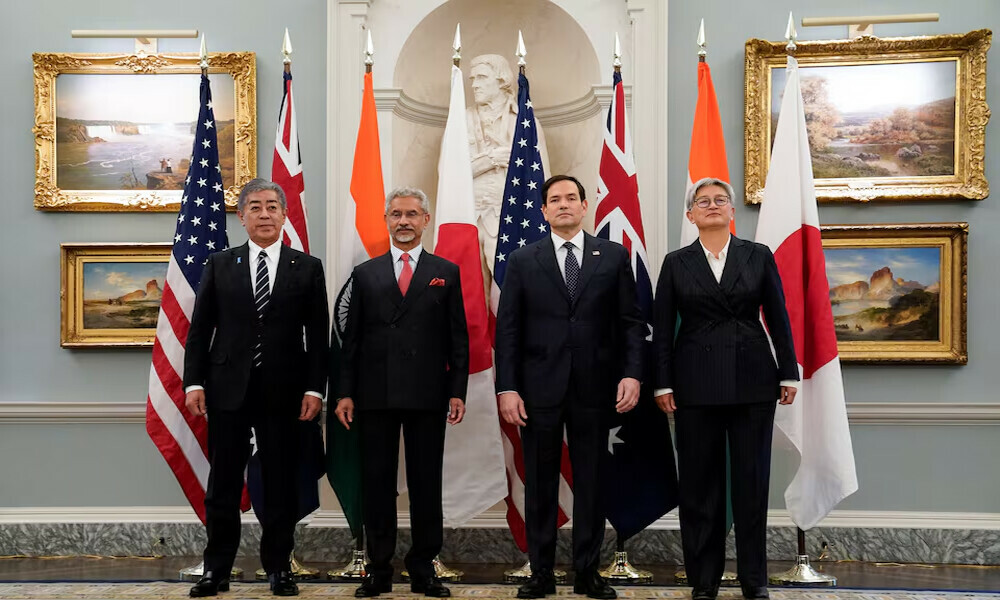
Sajjad Ashraf, Former Adjunct Professor, National University of Singapore
Feb 27, 2025
The Quad has evolved into a coalition with increasing military cooperation and shared concerns over China’s rising power, though India’s reluctance to fully engage in a military alliance limits the group's effectiveness in countering China's influence in the Asia-Pacific.
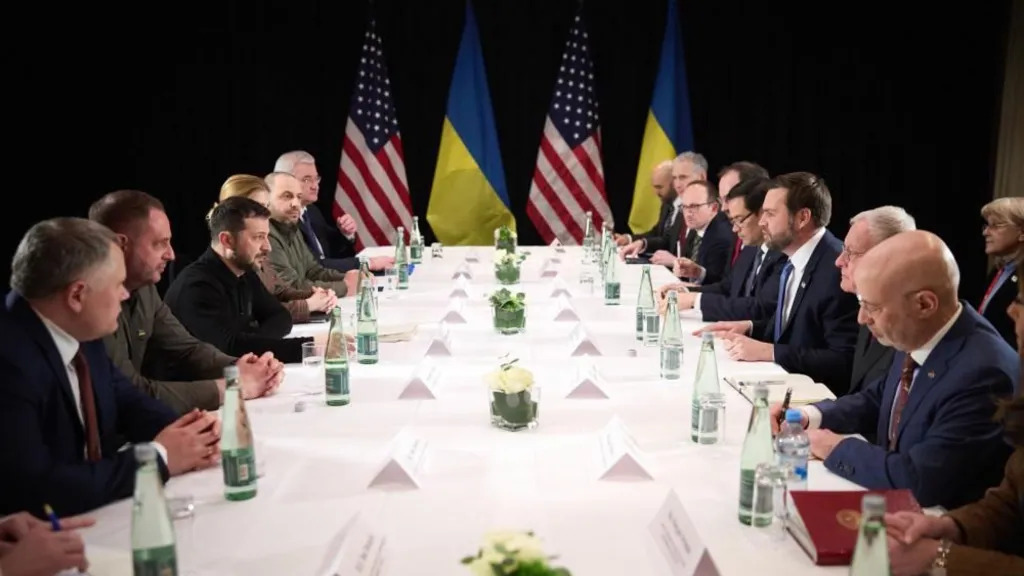
An Gang, Adjunct Fellow, Center for International Security and Strategy, Tsinghua University
Feb 25, 2025
If Europe fails to awaken and respond to its humiliating rejection by the United States, it will lose not only its seat at the table for Ukraine-Russia peace talks but also its status as a leading player in the future multipolar world.
Back to Top

- China-US Focus builds trust and understanding between the U.S. and China through open dialogue among thought leaders.
- Our Offerings
- Topics
- Videos
- Podcasts
- Columnists
- Research Reports
- Focus Digest
- Stay Connected
-
Thanks for signing up!
- Get the latest stories from China-US Focus weekly.